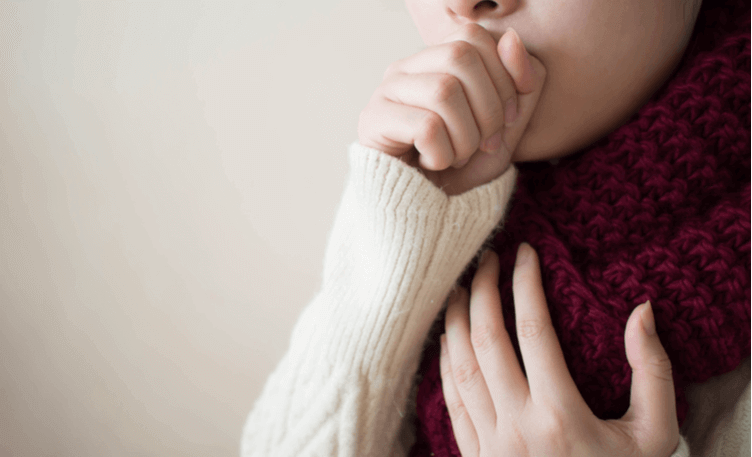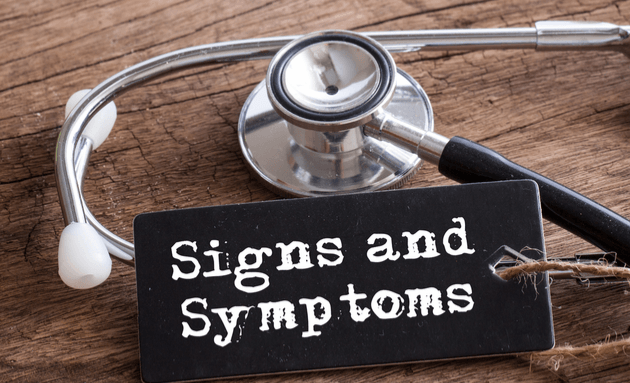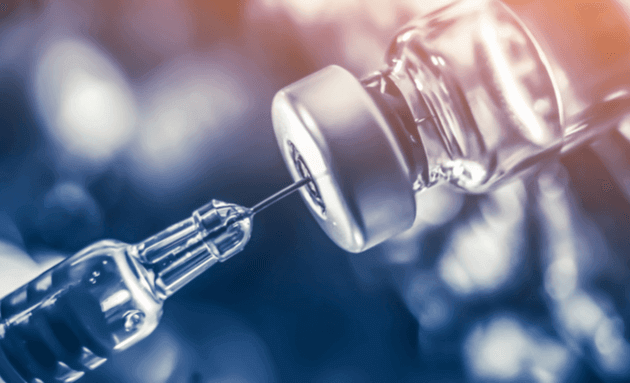
Pneumonia: Symptoms, Risk Factors and Prevention Guide
Pneumonia is a contagious disease that affects the lungs of individuals. It spreads easily through contact with droplets from a cough or sneeze of an infected individual. It can be caused by bacteria, a virus or a fungus that settles in the lungs and multiplies. The disease can be tough on individuals with pre-existing health ailments and those with weak immune systems. Young children, infants and the elderly are, particularly at risk.
As per the World Health Organisation, India is part of the six countries that contribute to more than half of the world’s pneumonia cases annually. The other countries being China, Pakistan, Bangladesh, Indonesia and Nigeria.
Symptoms and Risk factors of Pneumonia

Symptoms of pneumonia can differ based on factors such as the kind of organism behind the attack, the individual’s age and the person’s overall immunity. The initial signs of pneumonia are quite similar to those of a cold or flu. However, pneumonia symptoms are likely to last much longer. Other symptoms of the disease include:
- Chest pain while breathing or coughing
- Coughing, often with a phlegm discharge
- Fatigue
- Fever, sweating and shaking chills
- Shortness of breath
- Nausea, vomiting or diarrhoea
- Confusion and low body temperature can occur in adults older than 65 or in individuals with weak immune systems
- Individuals who smoke tobacco and consume large amounts of alcohol are at a higher risk of contracting pneumonia. Further, having certain pre-existing conditions such as cystic fibrosis, chronic obstructive pulmonary disorder (COPD), asthma, or influenza can also make you more susceptible to the disease.
Individuals with a weak immune system, such as those with AIDS, cancer or HIV, are also at a higher risk of contracting the disease.
Prevention of Pneumonia

As a disease, pneumonia can be prevented if you can take a few precautions. Here are a few things you can keep in mind.
-
Get Vaccinated
Vaccination can help protect you against certain pathogens that cause pneumonia. For instance, vaccination against pneumococcus, a bacteria that is known to cause severe pneumonia, helps prevent a serious pneumonia attack. Vaccines need to be taken at regular intervals, so it important to review your vaccination status regularly. Further, the vaccine you need to take will differ depending on your age.
Vaccination does not just benefit the person who gets the shot. It provides the added benefit of herd protection. When individuals are vaccinated they are less likely to spread pathogens around, thus reducing the likeliness of the disease spreading. -
Practice Good Hygiene
You can reduce your chances of contracting pneumonia substantially by reducing your exposure to disease-causing germs. This can be achieved by washing your hands regularly or using a hand sanitizer, covering your mouth while sneezing and coughing, and avoiding direct contact with individuals who may be infected.
-
Avoid Smoking
Smoking reduces your body’s, ability to fight against respiratory infections. Needless to say, when you don’t smoke, your respiratory system is stronger and healthier and will be able to fend off infections more efficiently.
-
Strengthen the Immune System
You can do this by eating fresh vegetables and fruits, getting good sleep, exercising regularly, and managing stress. -
Develop Strong Immunity in Children
As per the World Health Organisation, a lack of exclusive breastfeeding (feeding babies only milk and no other food/liquid), low birth weight, and a lack of measles immunization could also pose as risk factors for pneumonia in infants. Ensuring that infants develop sufficient immunity by breastfeeding your child for the first six months can help prevent the disease. Air pollution can also weaken the lungs and make you more susceptible to disease-causing germs. Reducing exposure to both ambient and indoor air pollution is advised.
For those already affected by the disease, ample amounts of rest and consumption of fluids are recommended. Staying hydrated helps with the thinning and coughing out of phlegm. Pneumonia can become serious if not treated on time. Timely consultation with a doctor is crucial to the recovery process.

